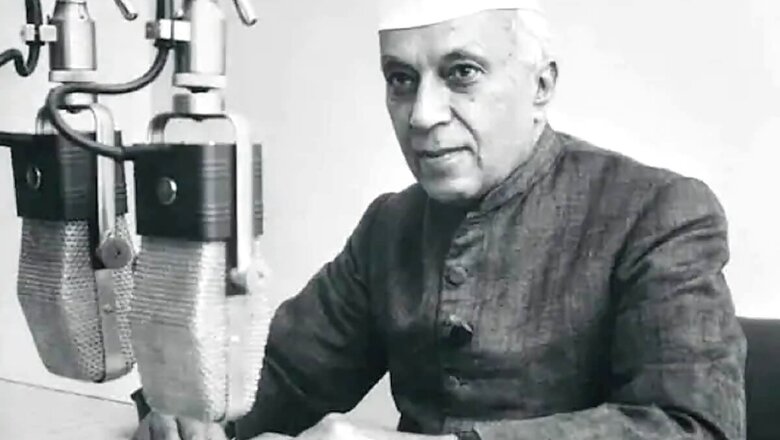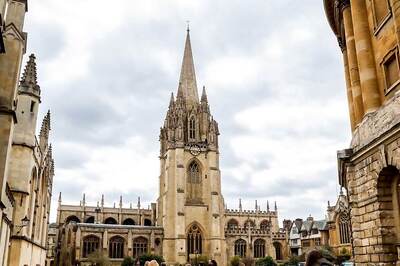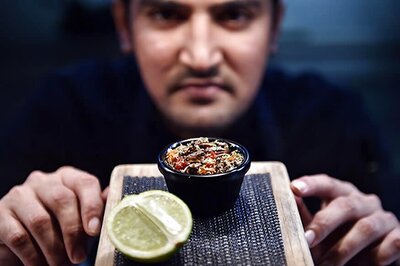
views
India celebrates Children’s day on November 14 to commemorate India’s first Prime Minister Pandit Jawaharlal Nehru’s birthday. The visionary leader is credited for establishing reputed educational institutes for children post-partition in India. Born in Allahabad, Uttar Pradesh in 1889, Nehru belonged to a family of Kashmiri Brahmins, noted for their administrative aptitude and scholarship, who had migrated to Delhi early in the 18th century.
Coming from a family of lawyers, Nehru also went to the United Kingdom to become a barrister. His sister Vijaya Lakshmi Pandit became the first woman president of the United Nations General Assembly. He went to Harrow, a leading English school in 1905 where he stayed for two years. From there, he went to Trinity College, Cambridge, where he spent three years earning an honours degree in natural science. After leaving Cambridge, he qualified as a barrister two years later at the Inner Temple in London.
His political career started after he completed his education from the west. It was a time of the brutal colonial rule in India and Nehru felt strongly for the issue. He met Mahatma Gandhi for the first time in 1916 at the annual meeting of the Indian National Congress in Lucknow.
As a member of the party fighting for India’s freedom, Nehru was an active participant. In 1921, the prominent leaders and workers of the Congress Party were declared fugitives and Nehru went to prison for the first time. Over the course of the next 24 years, Nehru was to serve another eight sessions of detention. His longest imprisonment term lasted for nearly three years ending in June 1945. Nehru spent more than nine years in jail and it was during this time that he wrote one of the modern classics The Discovery of India.
Nehru was elected president of the Congress Party in 1929, when he presided over the historic session at Lahore that proclaimed complete independence as India’s political goal. As the Prime Minister of independent India, Nehru adopted a secular approach to politics. He also led the Non-Alignment Movement at a time when globally countries were divided in the Cold War between the USA and the erstwhile USSR.
Nehru was also concerned with India’s development into a modern age of scientific discovery and technological advancement. Busy in lifting up the country, India was invaded by neighbouring China in 1962. The Indian side lost the battle and shortly after, Nehru’s health condition also started deteriorating. He died of heart attack in 1964.
Read all the Latest News, Breaking News and Coronavirus News here

















Comments
0 comment